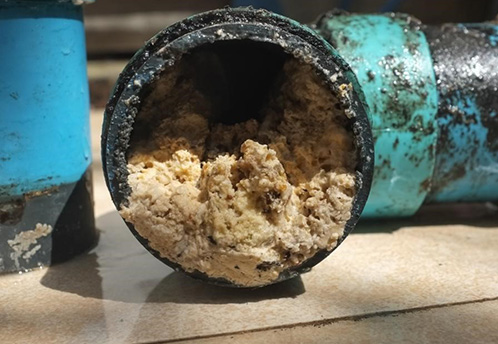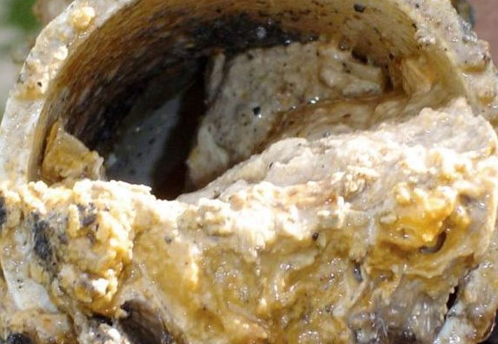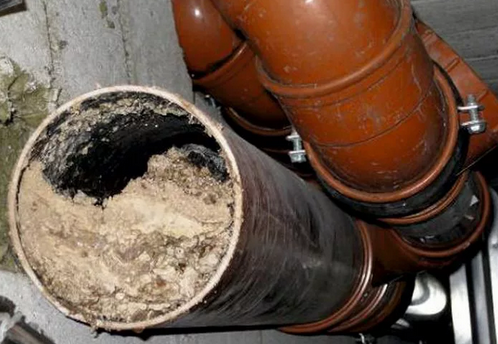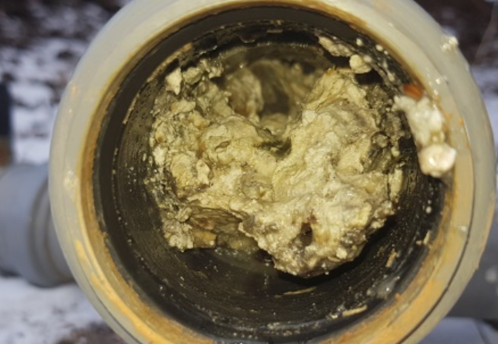In Spain, more than 850 million litres of vegetable oil are consumed annually, which means that it is estimated that each household generates about 7 litres of this waste per year.
The RAUC (Residue of Used Kitchen Oil) increases by 30% the annual maintenance fees of the wastewater treatment plants.
The volume of clean water needed for the wastewater purification processes is so high, it ends up costing the country millions of EUR each year.In Spain every year millions of EUR are spent on cleaning & maintenance of sewers and drainage pipes, as well as on water treatment. This is approximately 40€ per year for each household. This data only confirms the existing problem of uncontrolled pouring of waste oils.
These data confirm the existing problem of uncontrolled pouring of oils and fats in homes.
Lliters of vegetable oil consumed per year in Spain
liters of oil poured into sinks per year
Euros spent on oil waste disposal in Spain
Liters of waste oil emitted annually by each household
Currently, there are no city regulations or fiscal instruments to effectively prohibit this type of dangerous disposal.
Manufacturers and distributors of edible oils promote and facilitate the sale of this product but do not take sufficient measures to efficiently recycle waste after the use of the fat.
For example, there are not many so-called “green islands” in supermarkets to store containers of used oil, nor are there any campaigns for consumers to raise awareness of this particular issue.
At present, it is not easy to find containers for used cooking oil, nor to experience eco-educational campaigns presenting the problem of water pollution with this dangerous waste.
Fuel refiners are not interested in the possibility of recovering used domestic oil as feedstock for biofuel production. This important action could contribute to achieving environmental objectives through the use of renewable energy sources.
With new, easy-to-find collection points, (e.g. at petrol stations, supermarkets and waste bins), we could also recycle our waste oil containers – an active, collective and responsible way of recycling.
At present, it is not easy to find a recycling container for used oil, nor to understand the hazards associated with this dangerous waste.
Fuel refiners are not interested in the possibility of recovering used domestic oil as a feedstock for biofuel production. This important action could contribute to achieving environmental objectives through the use of renewable energy sources.
With new permanent collection points, e.g. at petrol stations, supermarkets and waste bins, we could also recycle our waste oil containers at home – an active, solidarity-based and responsible way of recycling.
Pipes clogged with grease waste
Water pollution is a growing problem but we can change this, if we act together, if we act now! Ask how EMBUDEK can help us get there.








